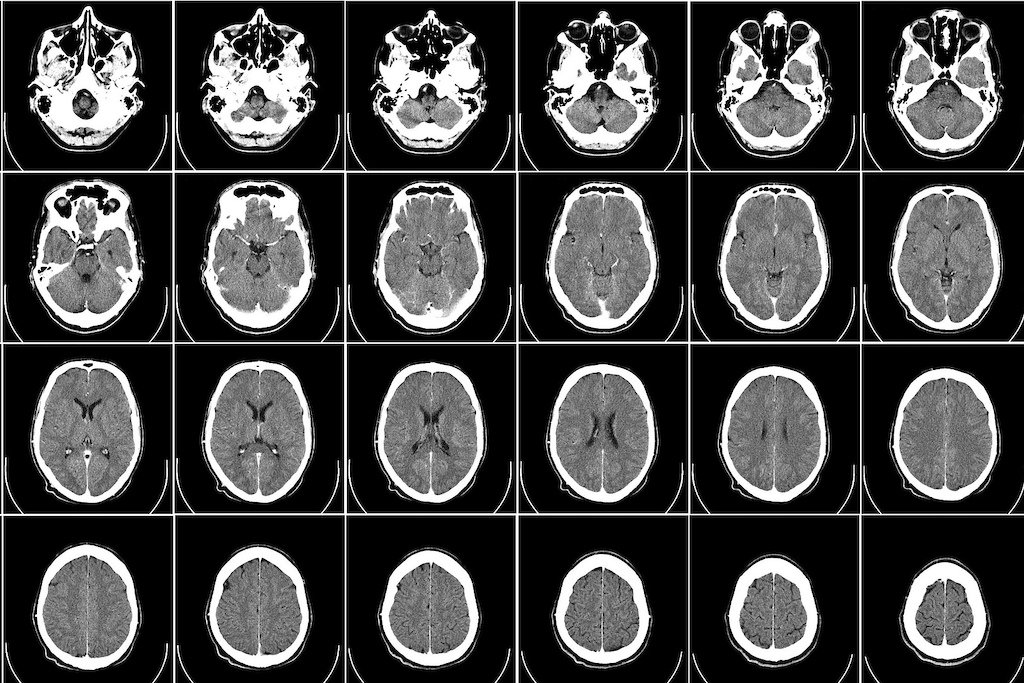
Articles
Read a selection of our articles on medication safety
Click on the articles below to read them in full.
Interested in republishing one of our articles? Check out our guidelines for more information.
Are you or someone you know taking an antidepressant? Is it time to think about stopping it?
In Part 1 of this article, the focus was on the potential benefits and harms of antidepressants. In this, the second of a 2-part article, you’ll learn about when and how these medications can be safely stopped.
Antidepressants are medications prescribed to treat depression and anxiety. Canadians of all ages use them, from children to older adults. Among Canadians aged 71 and older, 1 in 3 women and 1 in 5 men are prescribed an antidepressant per year. Why Do People Use Antidepressants?
Have you ever forgotten where you parked your car, put your keys, or someone’s name?
Some medications can contribute to these lapses!
This article presents examples of medications that can affect the brain and some questions to ask your health professional.
Certain commonly used medications can make you more sensitive to the effects of heat. These medications can increase your risk of heat stroke and other heat illnesses. Some are available with a prescription and others are available off the shelf in your pharmacy. Are you taking any of these medications?
What is antimicrobial resistance and why is it important?
When antibiotics no longer work to kill bacteria, this is called antibiotic or antimicrobial resistance. This means that infections caused by certain types of bacteria can become difficult or impossible to treat with the antibiotics we have now. Read more…
What is a prescribing cascade?
A prescribing cascade can happen when you and/or your health providers do not realize new symptoms are actually the side effects of one of your medications. Read more…
By Johanna Trimble and Janet Currie
Some medications you take for allergies, sleep, nausea, depression or incontinence belong to a group of medications called anticholinergic medications. Read more…
By Johanna Trimble and Janet Currie
Track your meds. It’s up to you or your family to keep track of the drugs you are taking. Your medication list is unlikely to be available to all health professionals online! Electronic medical records systems often don’t “talk” to one another. Read more…
By Johanna Trimble and Janet Currie
Ask for a medication review. Ask your doctor or pharmacist to review all your medications, especially if you are taking several or if different doctors prescribed them. Read more…









By Janet Currie and Johanna Trimble
Often, adult children are the first to notice the effects of prescription medications on their parents or other family members.
Common adverse effects can include problems with memory, over-sedation, confusion, dizziness, balance problems, increased falling or behaviour that is unusual. Read more …